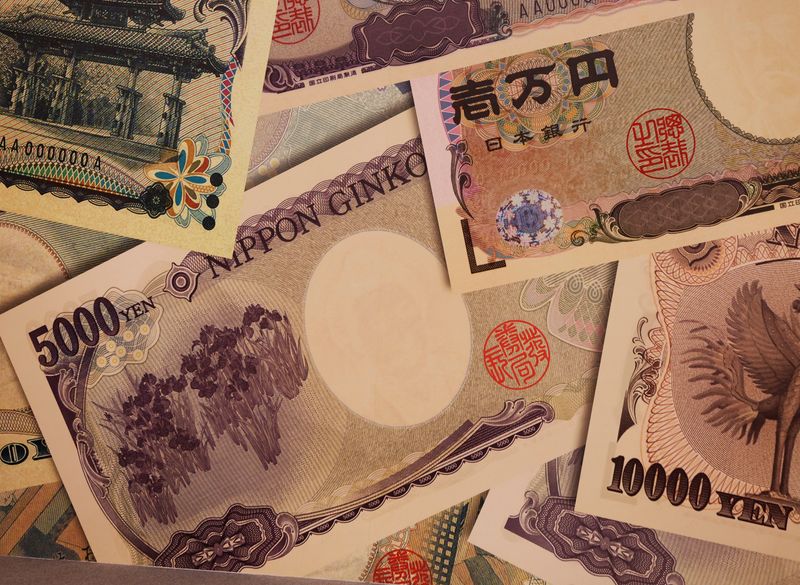Select Language

By Satoshi Sugiyama
TOKYO (Reuters) -Japan may have to take action against any disorderly, speculative-driven foreign exchange moves, the government's top currency diplomat Masato Kanda said on Tuesday, reinforcing Tokyo's readiness to intervene again to support a fragile yen.
"It is preferable for exchange rates to remain in a stable manner following fundamentals, and if the market is functioning soundly in this way, there is of course no need for the government to intervene," Kanda, Japan's vice minister of finance for international affairs, told reporters.
"However, when there are excessive fluctuations or disorderly movements due to speculation, the market is not functioning and the government may have to take appropriate action. We will continue to take the same firm approach as we have in the past."
Tokyo is suspected to have intervened on at least two separate days last week to support the yen after it tumbled to lows last seen more than three decades ago.
Bank of Japan data suggested authorities spent more than 9 trillion yen ($58.4 billion) in defence of its currency, helping lift the yen from a 34-year low of 160.245 per dollar to a roughly one-month high of 151.86 over the span of a week.
The yen was last trading around 154.27 in early Asia.
Japan is reluctant to intervene in the currency market considering its limited available dollar cash reserves and U.S. Treasury Secretary Janet Yellen's comments that such moves were acceptable only in rare circumstances, said Hideo Kumano, chief economist at Dai-ichi Life Research Institute.

